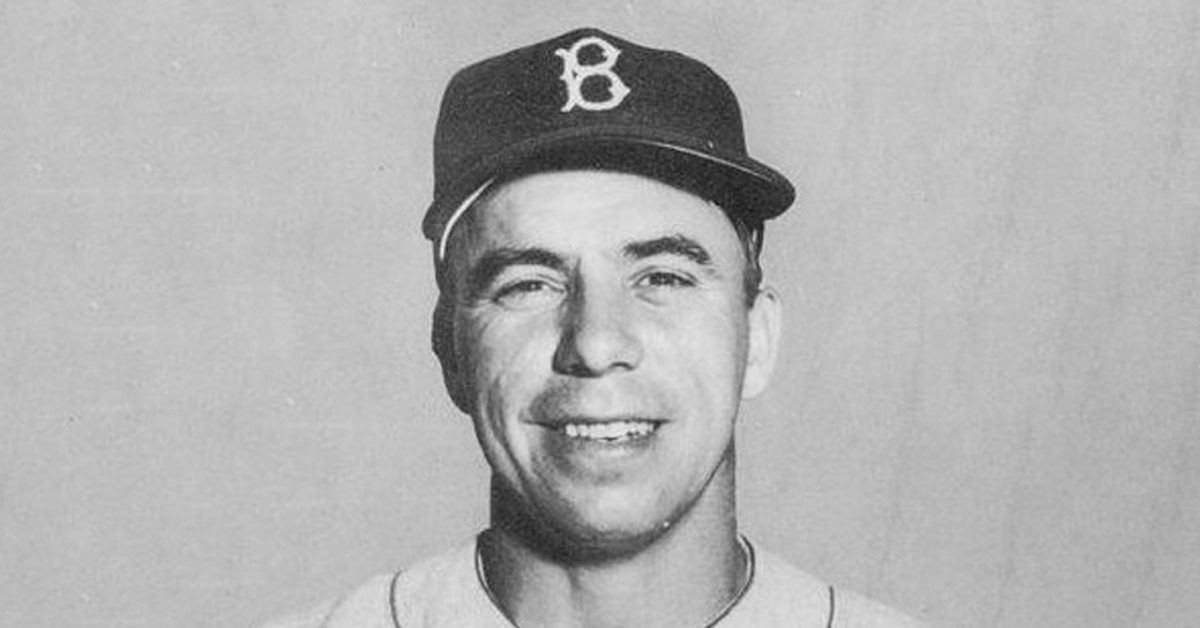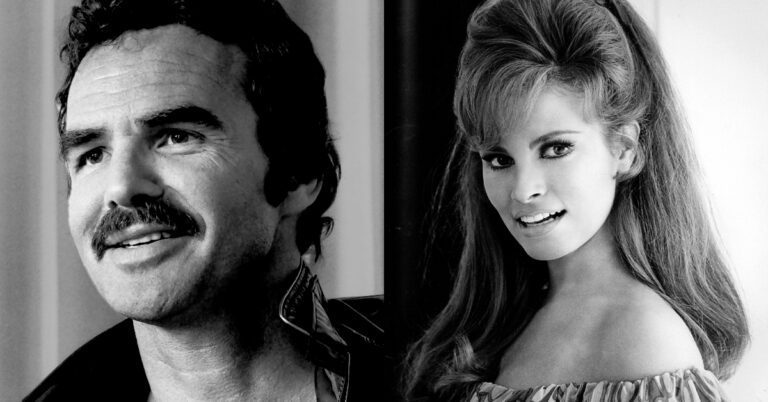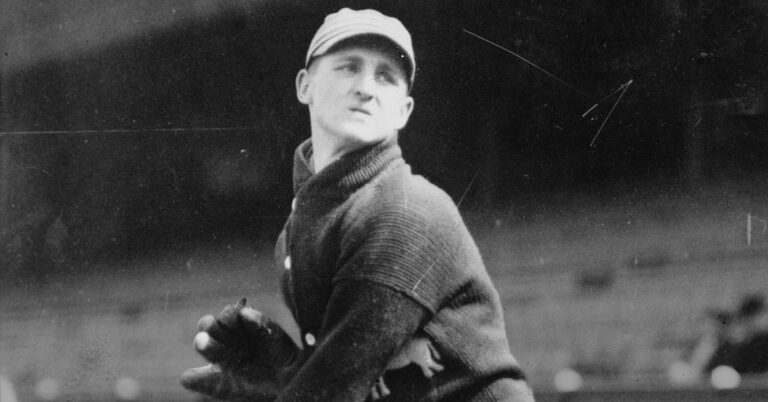The Los Angeles Dodgers retired his jersey, which was number 1. He is in the Hall of Fame, his teams won seven pennants and one World Series. Actually two World Series, when counting his final season as a player-coach, which was 1959. He was the Dodgers great shortstop, Pee Wee Reese, the captain of the special team known as “The Boys of Summer.” He still holds franchise records in walks, and runs scored, also games played at shortstop: 2,014. He was an MVP award contender 13 times.
Yet for all that, it may have been his societal impact that matters as much as anything else. Reese was brought up in the South, having been raised in Kentucky and Louisiana, and in 1947 found himself playing next to Jackie Robinson the year he broke the color barrier in the game. The fact that Reese, as team captain, more than accepted Robinson, was a critical factor in general manager Branch Rickey’s experiment to integrate baseball.
That season, some disgruntled members of the team circulated a petition that they would refuse to play if Brooklyn signed Robinson. The popular team leader Reese refused to sign it. Most did sign it. Reese would not. Not long after, a sportswriter asked Reese if he was afraid that Robinson might take his job. Reese responded, “If he can take my job, he’s entitled to it.”
Reese’s position with respect to Jackie Robinson did not sit too well with his friends and family back home in Louisville. But he stuck to it. He befriended Robinson, who withstood horrible, unspeakable abuse, the kind of which few today can understand or even believe. During one game, amidst death threats, it got so bad that Reese walked over to Robinson on the infield, put his arm around Robinson for all to see, and as much as told the world, “Me and my team stand with this man.”
In 2005, Bob Herbert, writing in THE NEW YORK TIMES, hailed this gesture as “Baseball’s finest moment.”
There is a statue today in Brooklyn showing Reese and Robinson together, memorializing the occasion.
Pitcher Joe Black made the team in 1952. In retirement he said, “Pee Wee helped make my boyhood dream come true to play in the majors, and the World Series. When Pee Wee reached out to Jackie, all of us in the Negro Leagues smiled and said it was the first time a white guy had accepted us. When I finally got up to Brooklyn, I went to Pee Wee and said, ‘Black people love you. When you touched Jackie, you touched all of us.’ With Pee Wee it was number one on his uniform and number one in our hearts.”
He was only 5’9″ (if that), but it wasn’t why they called him “Pee Wee.” His real name was Harold Peter Henry Reese. The nickname came from his childhood, when he was a marbles champion! A “pee wee” is a small marble.
Pee Wee, too, was small — so small, at only 120 pounds, that he did not begin playing baseball in high school until he was a senior. But he liked the game, kept playing, and he progressed further and further until the Boston Red Sox signed him. But inasmuch as they had future Hall of Famer Joe Cronin at shortstop, and he wished to keep his job, when the team sent Cronin to scout Reese, Cronin downplayed Reese’s potential to the point where management put him up for trade.
The Brooklyn Dodgers happily paid $35,000 and gave up four prospects as well to get Pee Wee Reese. The Dodgers already had their own future Hall of Famer at short, Leo Durocher. Who, like Cronin, was getting on in years, but unlike Cronin, was ready to let the younger Reese take his place, especially inasmuch as Durocher was also the Dodgers manager.
Like so many others, Reese lost three seasons in his prime to serve in the United States Navy during World War II.
Following the 1953 season management offered to make Pee Wee Reese the Dodgers manager. When he declined, the position was filled by Walter Alston, who held that job for more than two decades.
Those Dodgers teams were filled with Hall of Famers, big power pitchers and brawny home run sluggers like Gil Hodges, Roy Campanella and Duke Snider. Pee Wee was a quiet, little guy, but everyone looked to him to lead the way for those teams. There was no question as to who ran the show in Brooklyn. After games, inside the clubhouse, which he ruled, Pee Wee would hold court with his friends while smoking a pipe.
His first four seasons, Don Drysdale played with Pee Wee Reese, and said, “Pee Wee was our leader.” Funny thing — Drysdale was known to throw an illegal spitball. He said Pee Wee would “load it up” for him!
Down through the years of course the Dodgers were regularly in the World Series, and Reese would do memorable commercials for Gillette Razors. Incidentally, so did teammates Duke Snider and Roy Campanella.
Upon retiring, Reese did not become a manager, as everyone expected. He went into broadcasting. He did both play-by-play announcing and color commentating on nationally televised network games working with fellow Hall of Famer, Dizzy Dean.
Beyond that career, Reese was employed at Hillerich and Bradsby, makers of the Louisville Slugger baseball bats.
Well remembered, well respected, he was, he deserved to be, the Captain, the team Captain, of Brooklyn’s vaunted “Boys of Summer” — Pee Wee Reese.




